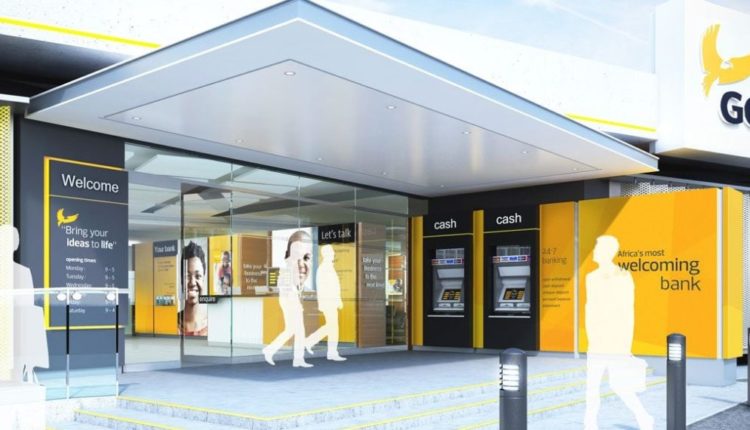GCB Bank PLC emerged as the biggest investor in the Ghana Stock Exchange Fixed Income Market (GFIM) in the first half of the year, 2022.
The indigenous bank in Ghana traded more volumes of debt instruments than any of the 23 banks that took part in the trading.
The second biggest bank in the country held 16.74 percent of the debt market, after acquiring GH¢3.7 billion worth of debt instruments, and in the process has now overtaken Stanbic Bank with significant investments on the Fixed Income Market.
According to the data released by the Ghana Stock Exchange (GSE), Stanbic Bank decreased its holdings in the Government of Ghana securities to 13.41 percent, from about 20 percent at the beginning of the year.
Currently, Stanbic bank investment in government bonds stands at GH¢3.5 billion.
Meanwhile, Fidelity Bank PLC is the third biggest investor in the GFIM with 12.06 percent holdings of the debt instrument. The rest are Access Bank PLC with 11.16 percent, while Absa also maintained significant investments in government debt instruments with 10.53 percent. Together, the above banks controlled 34.1 percent of the Ghana Fixed Income Market.
From the trading results, one could tell that some of the banks have reduced their holdings in the largely risk-free instruments, whilst others increased their stakes.
Agricultural Development Bank, National Investment Bank and Omni BSIC which in the past did not have investments in the debt market, now have invested some of their deposits in the fixed income market. Their percentage shares are 0.01 percent, 0.45 percent and 0.29 percent respectively.
Bank Investments
According to the Bank of Ghana’s May 2022 Monetary Policy Report, banks’ investment portfolio as of the end of April 2022 remained in favour of long-term debt instruments, a response to higher interest rates on the long-term instruments compared to rates on money market instruments.
The share of securities increased to 78.4 percent in April 2022, from 71.6 percent in April 2021. The share of short-term bills in total investments, however, declined to 21.3 percent, from 28.1 percent during the same comparative period.
The share of bills may, however, increase as banks move to the shorter end of the market to take advantage of the increased yields in that segment of the market following the recent hikes in the Monetary Policy Rate (MPR). However, the share of equity investments remained insignificant at 0.3 percent.
Meanwhile, the Monetary Policy Committee (MPC) of the Bank of Ghana (BoG) has commenced its 107th Regular Meetings on July 20, 2022 and expected to conclude on Friday, July 22, 2022 to review developments in the economy.
Many experts are of the expectation that the MPC will hike its policy rate again for the third time this year with the bid to contain the inflation. A hike will see more of the banks increasing their stakes in the debt market.


Comments are closed.